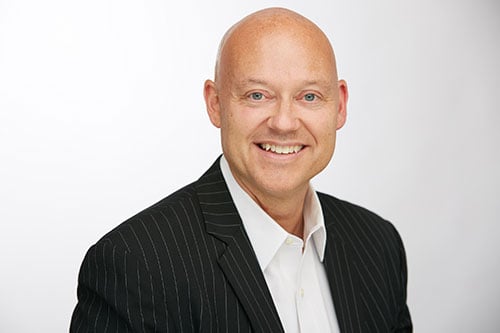

For brokers to succeed in the manufacturer’s insurance market, education is key. The top two barriers to writing for manufacturing clients are complexity of risk and the highly competitive market, according to the Unica 2020 Insights Report.
“If something is complex, you don’t expect it to be competitive, but, historically, manufacturing insurance has been profitable for insurance companies,” said Dave Smiley (pictured), chief operating officer at Unica Insurance. “It’s also competitive because it requires specialized expertise to be able to underwrite it, and with that expertise comes appetite.”
The more specialization the product requires, the more brokers and insurers are drawn to it in order to create a competitive advantage, he explained, with niche carriers making the coverage more viable and available. The report also found over half of brokers surveyed have manufacturing clients and 27% seek them.
What makes manufacturing coverage more complex, however, is the added risk that needs to be considered. With an average commercial insurance account, whether it’s a retail store or a hospitality business, risks tend to be fairly local in nature - for example, fire and water damage or the usual slip and fall. When it comes to manufacturing, Smiley says it’s a whole different spectrum of possible risk; from product liability, to business interruption that’s associated with process or equipment failure. Product recall and challenges in the international supply chain often need to be considered as well.
“Manufacturing has a whole added layer of complexity just because of the nature of the business. Appropriate products and services exist even with the complex risk, but you need the expertise to procure these products and ensure they are aligned with that customer’s needs,” he said.
Other emerging risks that warrant consideration include the impact of international trade, as manufacturers often sell products and seek cross-border opportunities. Specifically with the COVID-19 pandemic, some manufacturers have also shifted gears suddenly from their traditional products to making medical supplies, and, while commendable, it brings new exposures into the mix.
“Brokers can add value by being involved with the client and having conversations about emerging risks so they can brainstorm around solutions, prevention measures and insurance coverage that can help in the event something goes wrong,” Smiley added.
Whereas most personal lines and commercial accounts are dependent on relationships and referrals, manufacturing clients are different: Smiley says it’s about building the sales process around expertise and managing risk for that specific customer. It’s really the only way brokers can successfully attract clients in a sustainable and profitable way, he added. Hiring someone from the industry, for example an auto parts manufacturer, could be a huge competitive edge.
“Brokers and underwriters need to talk to customers in their language and understand their processes and exposures in order to help provide solutions to run their business better and produce profit,” he said.
This expertise is not only going to help connect brokers to clients, but it will also instill confidence with insurers. Underwriters want to know that brokers know the client and their processes and understand what can go wrong before providing coverage. If an underwriter is convinced of the broker’s ability, Smiley said, they are going to be in a much better position to table a solution that meets both the broker’s and customer’s needs. If brokers are able to provide underwriters with tours to see how a shop operates, or leverage claims expertise by having an adjuster be part of the inspection process, it can boost trust in the broker.
“Whether you’re building expertise, or a seasoned insurance professional, brokers should diligently train in the manufacturing sector, research and build contacts, or hire someone from the sector and teach the insurance and sales process after,” Smiley said.
As an insurer focused on manufacturing, and specifically metals, Smiley says Unica strongly believes in the broker channel and encourages brokers to keep educating themselves and building expertise.
